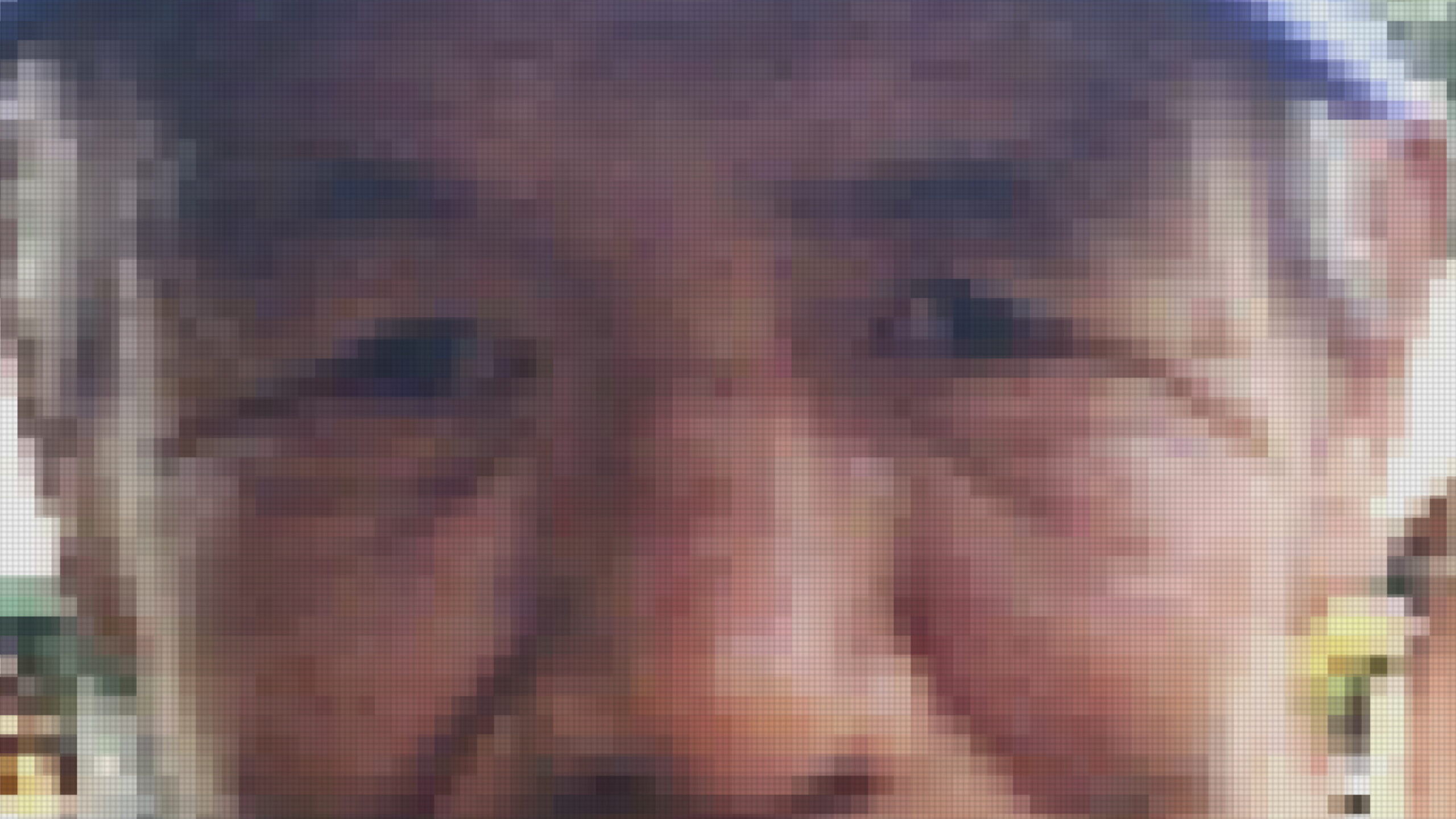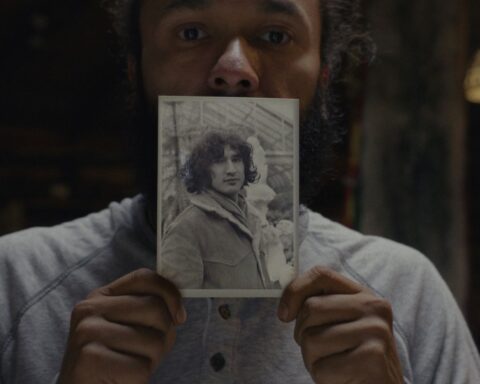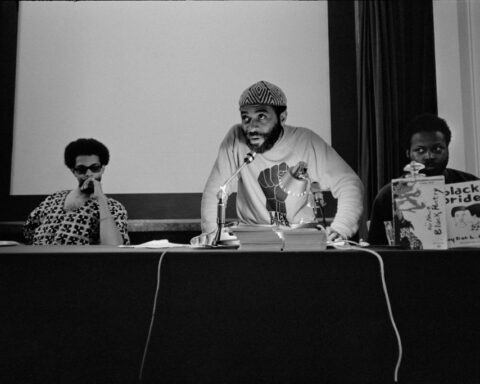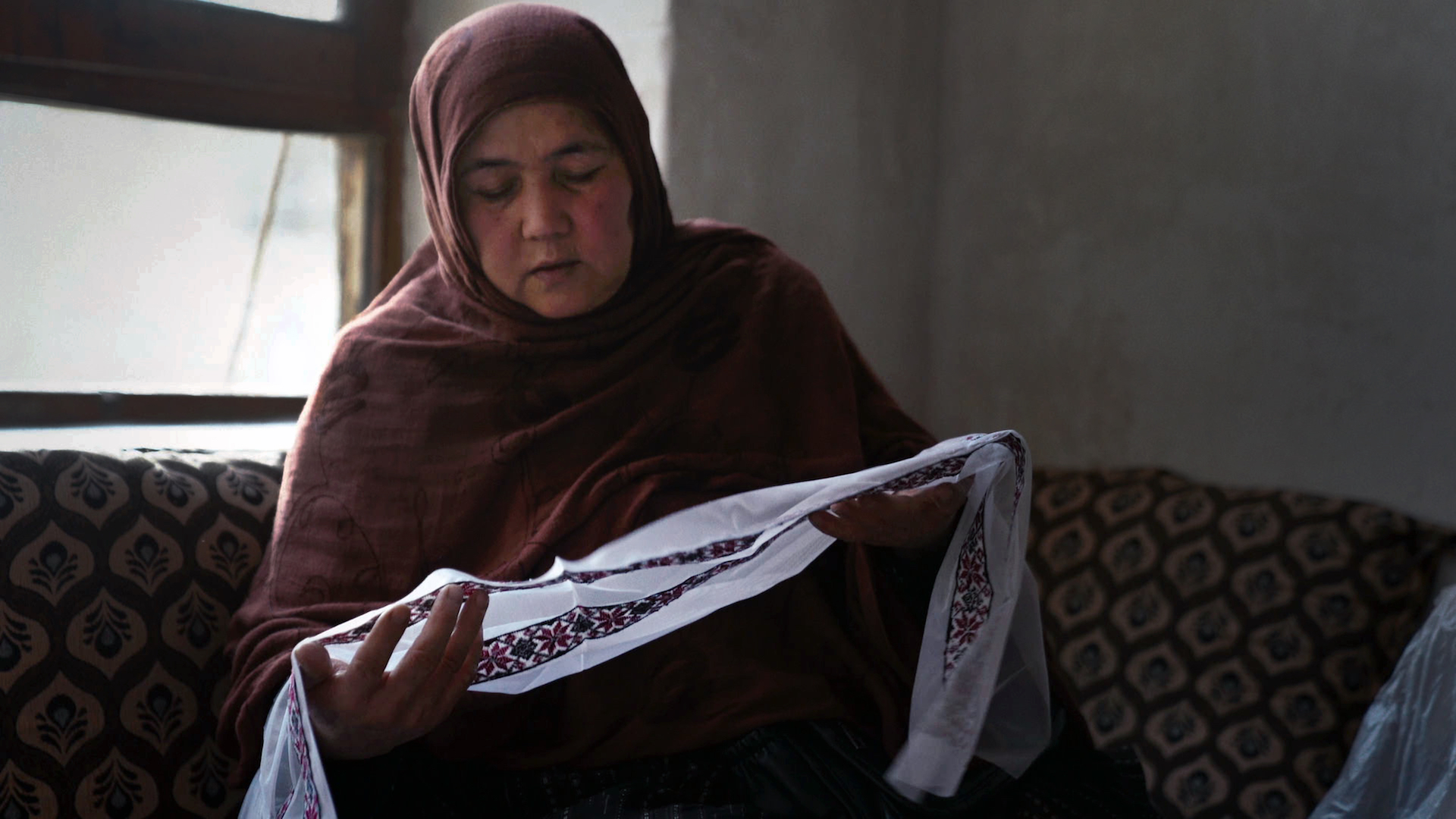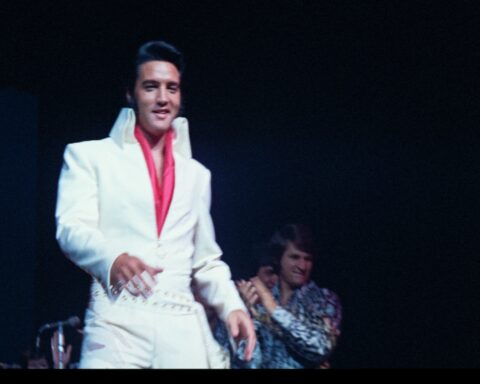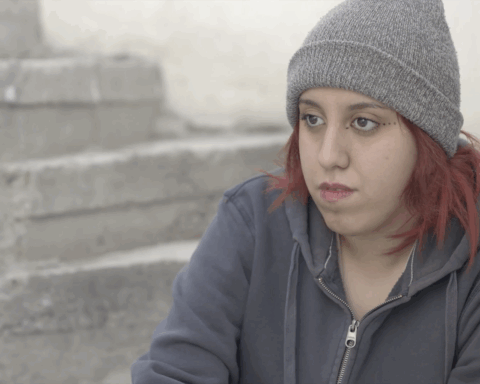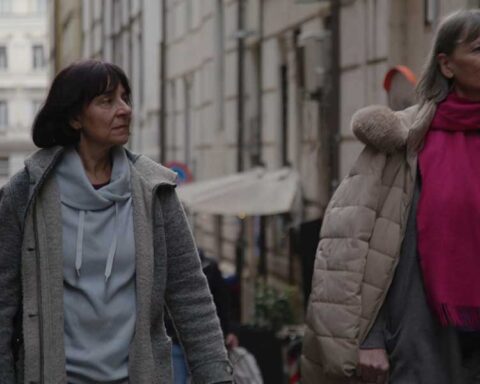#skoden
(Canada, 75 min.)
Dir. Damien Eagle Bear
Programme: Canadian Spectrum Competition (World premiere)
You can still see the scurrilous image on YouTube: a blurry shot of an Indigenous middle aged man, inebriated and distraught, ready to fight the videographer. The title of the clip is #skoden, a white racist approximation of the angry expression, “Let’s go, then.” If there’s one thing that rescues the video from total infamy, it’s that the defiance of the anonymous man is recorded. He isn’t pathetic: This man wants to fight.
It turns out that the director of the feature documentary #skoden, Damien Eagle Bear, knows the man in the video, making this film an act of reclamation and rebellion against racism. Damien knew the angry man as Pernell Bad Arm, part of the Blackfoot Confederacy, who grew up in a reservation but spent most of his adult life in Lethbridge, Alberta. The film moves beyond Pernell’s story into an exploration of Indigenous life in that part of Alberta, but it certainly covers the tale of the man who did say “skoden.”
Damien Eagle Bear had first met Pernell Bad Arm at a homeless shelter in Lethbridge, when he was shooting footage for a film he never completed. Parts of an interview with Pernell appear in the documentary as do stories about him from his cousin Charlene Brown Weasel and close friend Mark Brave Rock. It’s clear that Pernell had a rough life, filled with alcohol, false starts and broken dreams. That doesn’t mean that Pernell was a vicious person; in fact, by all accounts, he was quite a nice man—not inclined towards violence, although he would defend himself. What’s tragic is that he could never conquer his demons—something that Mark Brave Rock has basically done—and ended up dying too young.
A key interview in the film is with Deanna Vincent, a former case worker at the Lethbridge shelter, who knew Pernell very well. You can see the pain in her eyes as she recounts the nearly impossible situation people like her are in. They want to help Pernell and others, but it takes far more time and money than is currently allotted for health care and homing facilities. It simply isn’t enough of a priority for governmental agencies to truly help people who are often sick and have issues with addictions.
#skoden isn’t just filled with doom and gloom. Blood Tribe councillor Travis Plaited Hair and Mark Brave Rock point out that racism has declined in Lethbridge. Formerly compared to the notoriously bigoted Southern United States, this area of Alberta is treating its Indigenous population far better than in the past. There’s a long distance to go but Damien Eagle Bear points out that the atmosphere in Lethbridge is better than in the day when Pernell walked the streets.
A thoughtful engaging film, #skoden is well worth seeing and is a helpful corrective to the video that gave the documentary its title.
#skoden screens at Hot Docs 2025.
Get more coverage from this year’s festival here.




